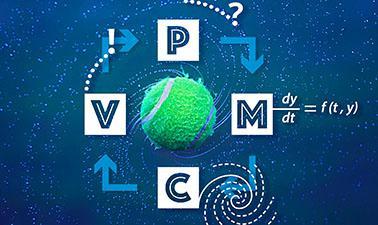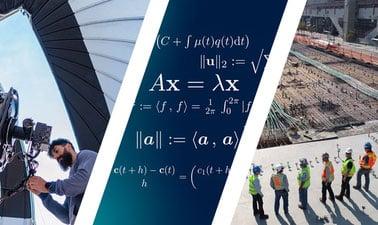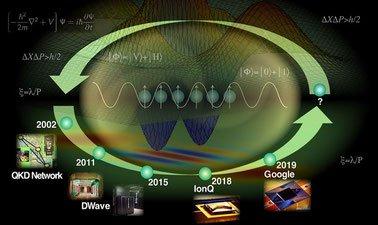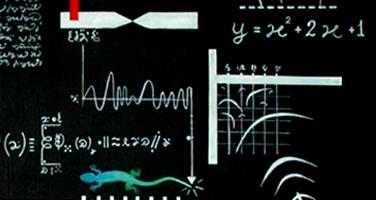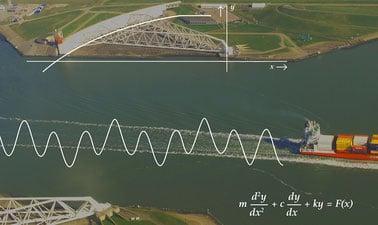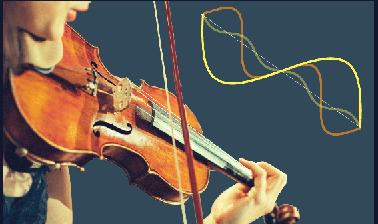Modelling with Differential Equations (edX)
Categories
Effort
Languages
How do populations grow? How do viruses spread? What is the trajectory of a glider? Introduce yourself to the modelling cycle which includes: analyzing a problem, formulating it as a mathematical model, calculating solutions and validating your results.
Self Paced

